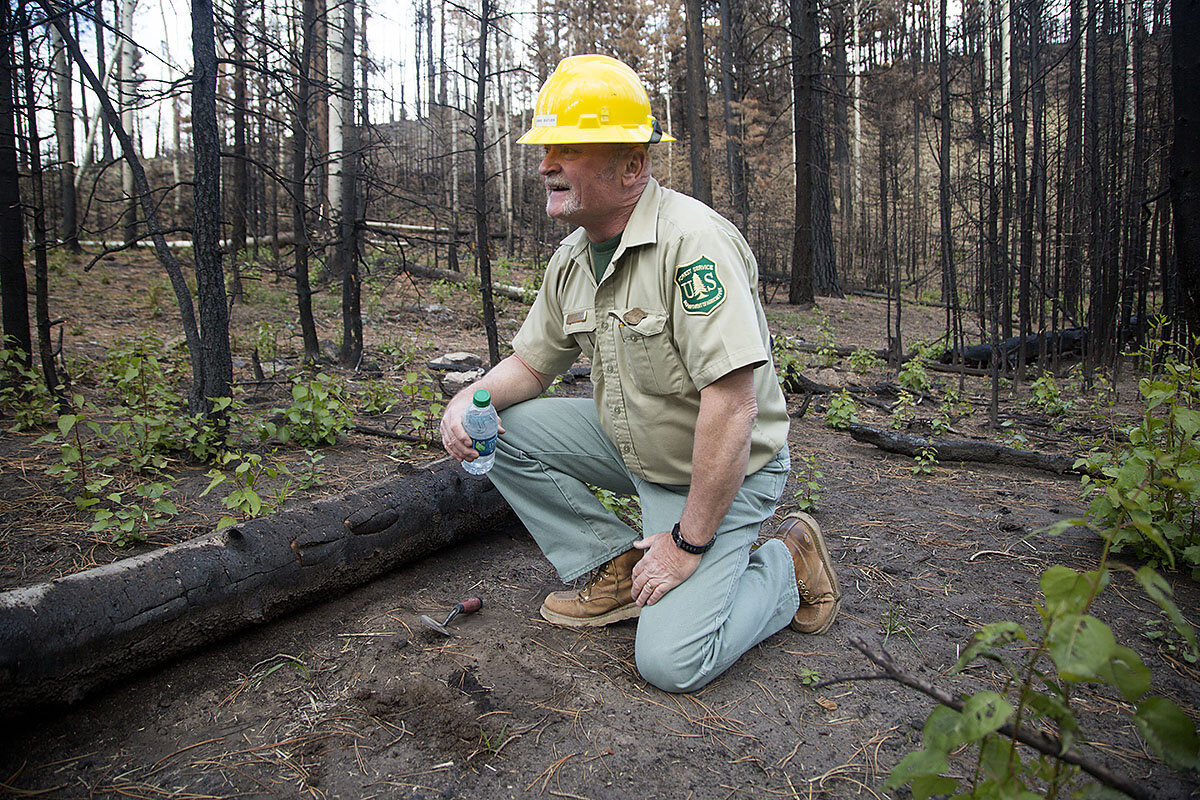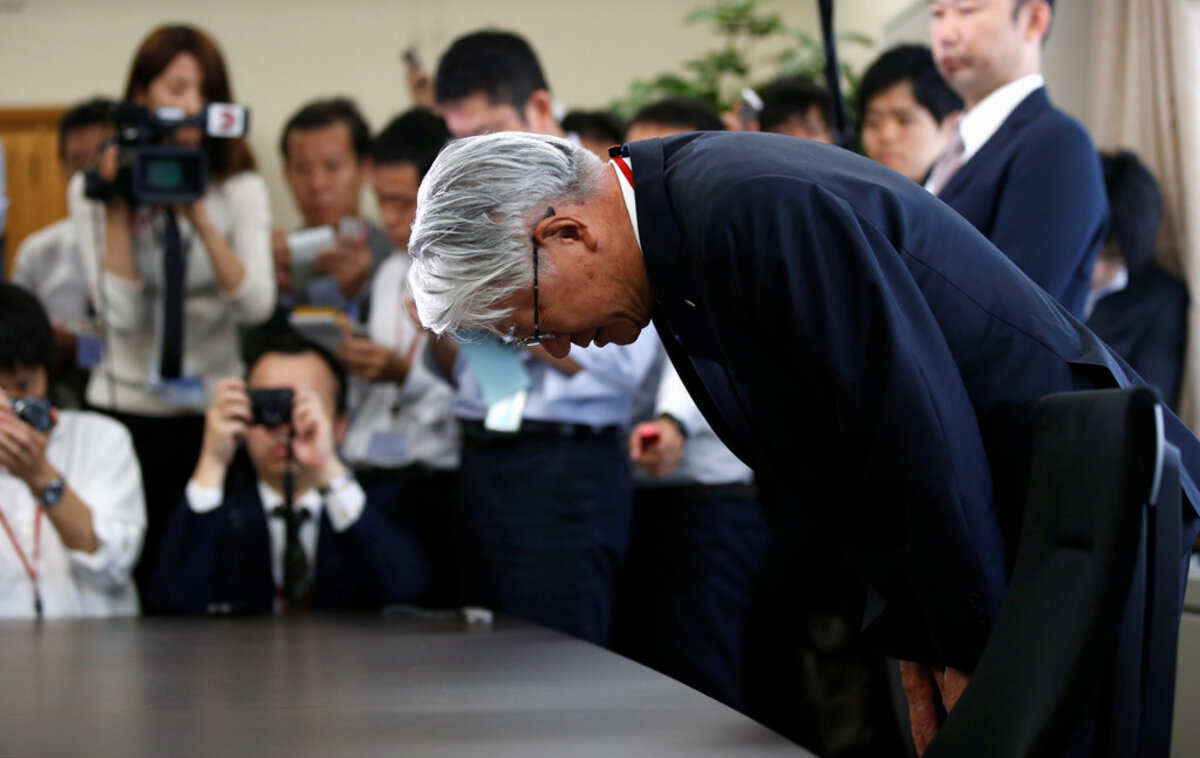A presidential order issued Thursday undercuts "Obamacare" and raises the question: Should "health insurance" be about consumer choice or completeness of coverage?
Monitor Daily Podcast
- Follow us:
- Apple Podcasts
- Spotify
- RSS Feed
- Download
 David Clark Scott
David Clark Scott
Girls can now become Eagle Scouts.
That rank has prestige beyond the Boy Scouts – signaling a work ethic and leadership skills on a résumé or college application.
To some, giving girls full access to the Boy Scouts of America (their Exploring and Venturing programs are already co-ed) marks progress toward gender equity. To others (including the Girl Scouts), it’s a misguided effort to stop a decline in membership by bowing to winds of social change – and the step erodes the group’s founding principles.
Ironically, this comes at a time when single-gender education in the United States is making a comeback.
While most research shows no measurable benefit to attending an all-boys or all-girls school, it does offer advantages for urban minority girls. To address a gender gap, there are growing numbers of all-girl public and charter schools focused on STEM (science, technology, engineering, and math). Early results show more young women graduating and taking on leadership roles in these fields.
If the Boy Scouts going co-ed produces better male and female leaders, and offers more choices for girls, speaking as a former Scout and parent of two daughters, that sounds like progress.
Now on to our five news stories, aimed at highlighting generosity, paths to progress, and innovation at work.










